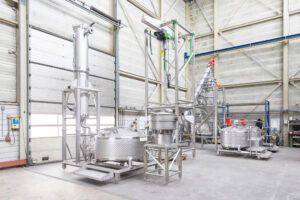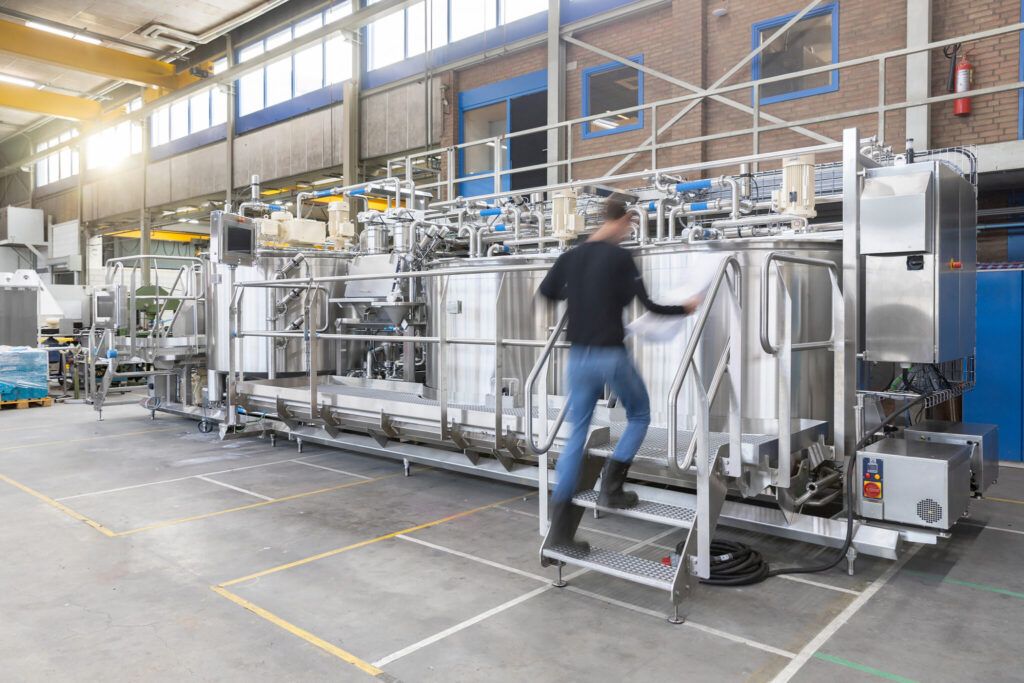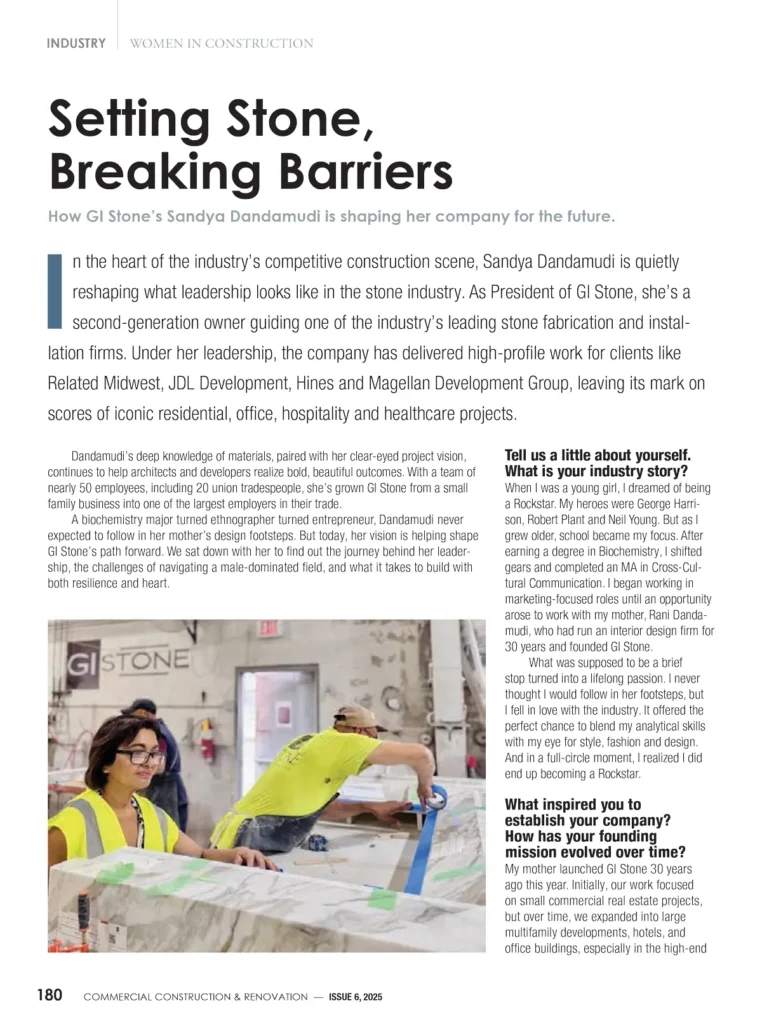Modular solutions like process skids have become a game-changer for many industries, offering a streamlined approach to integrating equipment. These pre-assembled, self-contained units improve production by reducing installation time, improving quality control, and enhancing operational flexibility.
Continue reading to understand what process skids are, how they function, and why they are essential in modern manufacturing.
Understanding Process Skids
A process skid is a pre-engineered and pre-fabricated system that integrates multiple components such as pumps, valves, heat exchangers, sensors, and controls into a single modular frame. Instead of constructing systems piece by piece on-site, manufacturers receive a fully tested and ready-to-install unit.
Process skids are typically built off-site in controlled environments, ensuring high-quality assembly and minimizing potential errors. They are then transported and connected to existing infrastructure with minimal disruption, making them ideal for industries that require consistent, high-performance equipment.
Types of Process Skids
Depending on the application, process skids can vary in design and function. Some common types include:
- Filtration Skids – Used for purifying liquids and gases in industries such as pharmaceuticals, food processing, and water treatment.
- Mixing and Blending Skids – Designed for precise chemical or ingredient mixing in sectors like cosmetics, food production, and specialty chemicals.
- Heat Transfer Skids – Essential for maintaining temperature control in processes requiring heating or cooling, such as in oil refining and beverage production.
- Pumping Skids – Provide efficient liquid transfer in applications ranging from wastewater management to chemical processing.
Each of these skids is tailored to meet the specific demands of an industry, ensuring seamless integration and performance.
Why Process Skids Are Essential in Manufacturing
With their modular, efficient, and high-quality design, process skids are an excellent alternative to traditional system installations. Here’s a look at the value they bring into the manufacturing process.
1. Faster Installation and Reduced Downtime
One of the biggest advantages of process skids is their ability to cut down on installation time significantly.
Traditional on-site construction involves multiple stages of assembly, testing, and troubleshooting. In contrast, process skids arrive pre-tested and ready to operate, reducing installation time from weeks to just days. This minimizes production downtime and accelerates project completion.
2. Improved Quality and Reliability
Since process skids are built in controlled environments, they undergo rigorous quality checks before deployment. That ensures consistent fabrication, proper material selection, and thorough performance testing—a level of precision that is difficult to achieve with on-site construction. The result is a highly reliable system that meets industry standards and performs optimally from day one.
3. Cost-Effective Solution
Manufacturers are always looking for ways to optimize costs without sacrificing performance. Process skids help achieve that by:
- Reducing labor costs – Less on-site assembly means fewer hours spent on installation and troubleshooting.
- Minimizing material waste – Pre-engineered systems are designed with precision, reducing excess material usage.
- Lowering maintenance expenses – High-quality construction leads to fewer breakdowns and less frequent repairs.
Over time, these savings contribute to a more efficient and cost-effective manufacturing process.
4. Enhanced Flexibility and Scalability
Process skids offer a modular approach to system design, allowing manufacturers to scale operations quickly. Instead of overhauling an entire production line, additional skids can be integrated as needed. Such flexibility is particularly beneficial for industries that require frequent process adjustments or expansions.
Additionally, if a facility needs to relocate or upgrade, process skids can be moved or modified with minimal effort, making them a long-term, adaptable solution.

Industries That Benefit from Process Skids
Process skids are widely used across various sectors, including:
- Pharmaceuticals – Ensuring precise formulation and compliance with stringent industry standards.
- Food and Beverage – Improving hygiene and consistency in mixing, pasteurization, and filtration processes.
- Chemical Processing – Enhancing safety and efficiency in handling hazardous materials.
- Oil and Gas – Facilitating refining and fluid transfer while meeting environmental regulations.
- Water Treatment – Providing efficient filtration and disinfection solutions.
Each industry benefits from the tailored design and seamless integration that process skids provide.
Final Thoughts
Process skids are a vital innovation in modern manufacturing, offering a faster, more reliable, and cost-effective alternative to traditional on-site system construction. With their ability to streamline installation, ensure high-quality assembly, and allow for easy scalability, they have become an essential solution across multiple industries.
With the increasing demand for efficiency and precision, process skids are set to remain a cornerstone of industrial advancements. Investing in these modular systems ensures operational success and long-term sustainability and growth.































